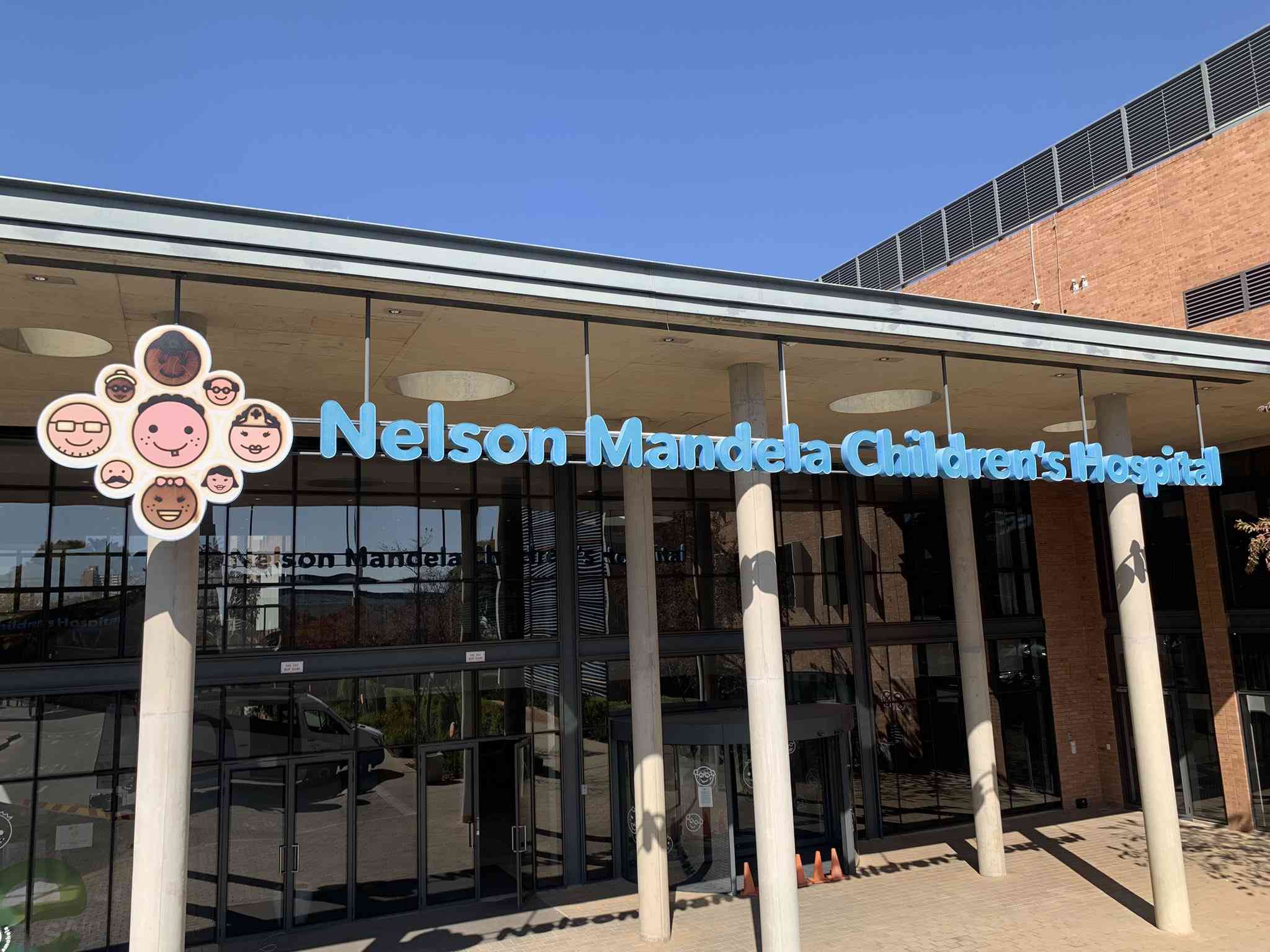
AT independence in 1980, the late Tanzanian President Julius Nyerere famously described Zimbabwe as a “jewel” — a nation with fertile land, thriving industries and a skilled workforce.
His advice to then Prime Minister Robert Mugabe was simple: preserve it.
And, indeed, in those first years, Zimbabwe thrived.
was the backbone of the economy, supplying not only the nation, but the region.
Manufacturing hubs in Harare, Bulawayo and Mutare provided jobs and dignity to thousands.
Education flourished under the promise of free schooling, while healthcare was a model admired across Africa.
Zimbabweans believed they were living in a country destined for greatness.
But politics soon eroded the jewel.
- More woes for suspended Cottco boss
- Addressing unfair trade key to transforming African food systems
- Urgent economic structural transformation necessary
- News in depth: Zimbabweans choke under weight of worsening service delivery failures
Keep Reading
Mugabe’s obsession with power hollowed out institutions and replaced accountability with patronage.
By the early 2000s, the chaotic fast-track land reform programme collapsed agricultural output.
Farms that had fed the region fell silent.
Industries closed their doors.
Unemployment soared and the currency crumbled.
The jewel was tarnished by greed, arrogance and misrule.
When Mugabe was forced out in the 2017 military coup, citizens hoped for renewal.
President Emmerson Mnangagwa promised to be “a listening President,” proclaiming “Vox populi, vox Dei” — the voice of the people is the voice of God.
Zimbabweans dared to believe that perhaps the jewel could be polished once more.
Yet, eight years on, the people’s cries remain unanswered.
Instead of stability, Zimbabweans face currency chaos and ever-rising inflation.
Instead of jobs, they face shuttered factories and shrinking opportunities.
Instead of accountability, they see cartels looting gold, lithium and fuel while whistleblowers are silenced.
Corruption cases make headlines, but prosecutions or even convictions rarely follow.
The gap between promise and delivery has become a chasm.
The Zimbabwe we yearn for is not complicated.
Citizens want jobs, fair opportunities, reliable healthcare, quality education for their children and leaders who respect the law.
They want a government that manages the economy responsibly, not one that fuels instability through reckless printing of money and shifting currency regimes.
They want agriculture restored through support for farmers, not captured by the elite.
They want industries that can compete globally, not suffocated by red tape and corruption.
But the hard truth is this: Zimbabwe’s problem is not a lack of resources or potential.
It is the absence of accountability.
Institutions meant to safeguard the nation — Parliament, the Auditor-General, the Judiciary and the Zimbabwe Anti-Corruption Commission — are either underfunded, compromised or ignored.
The result is a system where corruption thrives unchecked and leaders answer to themselves, not to the people.
The way forward is clear, if only the political will existed:
- Restore the rule of law: No official, no matter their rank or political connections, should be above the law.
- Stabilise the economy: End reckless currency experiments, rein in government spending and anchor policies in consistency and transparency.
- Rebuild agriculture and industry: Provide real support to farmers and manufacturers based on merit, not political allegiance.
- Invest in people: Value teachers, nurses and doctors — the backbone of development — by paying them living wages and giving them the tools of trade.
- Stamp out corruption: Empower oversight institutions with independence and resources to investigate, prosecute and convict looters, and recover stolen wealth.
- Create opportunities for youth: Harness their talents and energy through innovation, technology, and entrepreneurship, instead of exporting them through forced migration.
Nyerere’s jewel is not lost forever; it is buried beneath layers of mismanagement and betrayal.
It can shine again, but not through speeches or slogans.
Only action, accountability and courage can restore it.
The voice of the people is speaking — demanding dignity, opportunity and honest leadership.
If that voice continues to be ignored, history will remember today’s leaders not as saviours of the jewel, but as its final destroyers.
Zimbabweans do not yearn for miracles.
They yearn for justice, competence and hope.
The jewel can be polished again — but only if those in power finally choose to serve the nation, not themselves.






